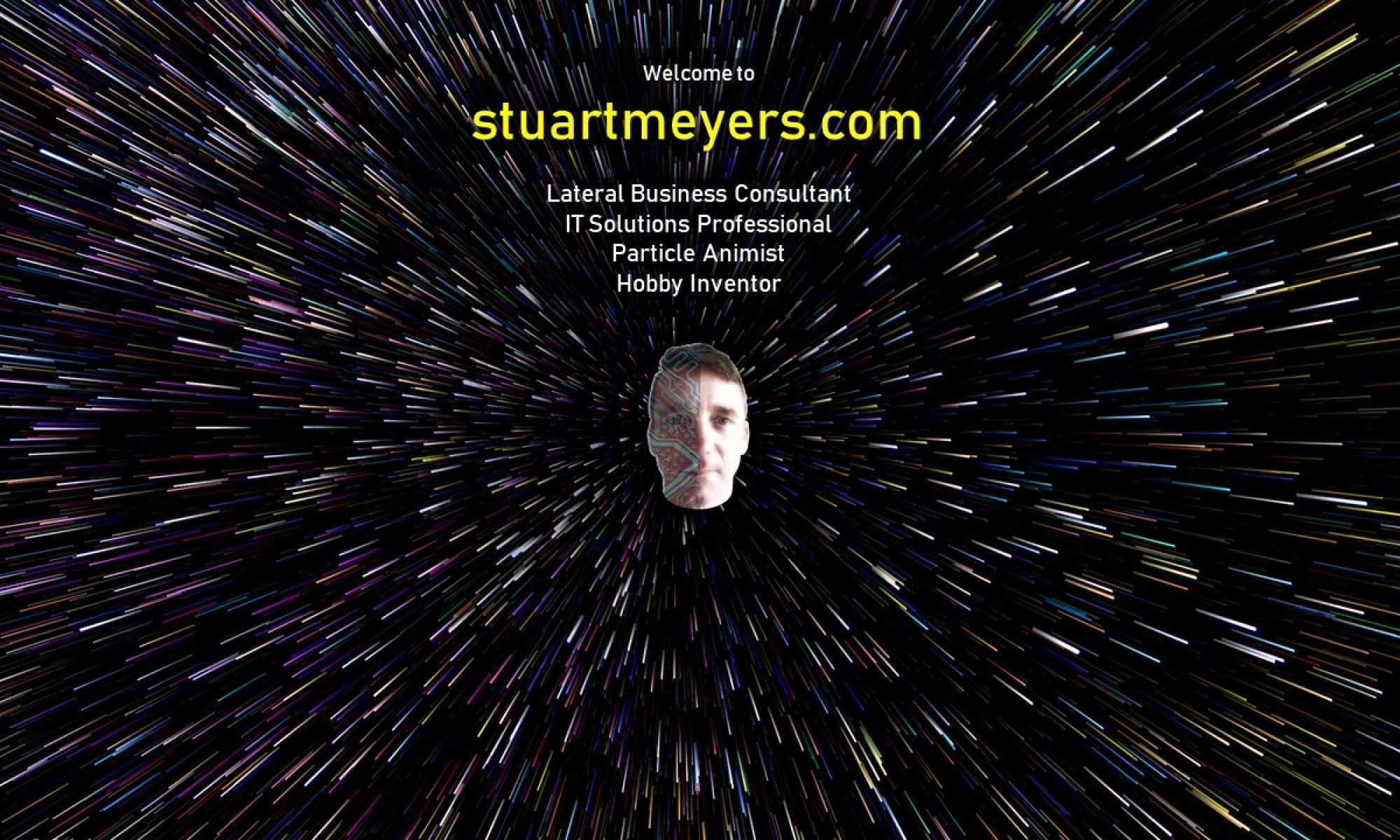I love this TedX video. Thanks Dr John Reid for sharing it. There are so many insights into Animism such as how the indigenous view the world, how an object may view us and how society can relate to the world around it better.
Dr John talks about indigenous cultures and how one of the key attributes of Animism is to see that mountains, rivers and lakes and other things as family members. They see personas and people in the world around them and they don’t just believe it, they experience it always.
Most people don’t understand this concept but if you think of the way you relate to your pets as being a member of your family, Animists relate the same way to plants, the land, the sky and everything. Some family members they know well , like the mood of a local mountain. Others not so well, like a mountain in another land.
Have you every thought… just because something cannot express itself with personality like a dog does, doesn’t mean it doesn’t have a personality. For me this aspect is personal.
I remember my mum having parkinson’s disease and how she lost the ability to communicate. It was very sad because she was a highly communicative person and I felt for her not being able to express herself. But did this make her not a person? No, we just couldn’t relate to how much she did or didn’t understand, and she was not able to express herself so we could understand how she felt.
She still had a persona, but just wasn’t able to express it. Does your dog, cat or baby wish it could express itself better so that you can understand what it wants or is thinking?
If you consider that a rock, plant, insect or animal is basically made up of the same “stuff” that we are (particle, elements, water, etc..), it follows the same line of thinking. We never know how much they do or don’t understand and for most, we are unable to understand how to listen to them.

Back to the video, I really enjoy the way he describes the family tree and that “everything is your cousin” because when you dissolve our bodies back into the elements, or consider how we have evolved, it’s all related and is one and the same. We are all related and that is why it is easy for us to relate to our animals.
In the second part of the video John then goes on to talk about the “Mana” of a person, or the dignity of an object. For example, by polluting a river and limiting its ability to provide affects the dignity of the river.
We can learn from this by looking at things as who they are, not what they are. How can they ocean cycle water if we pollute it? How can the forest give us air if we destroy it? Can we treat things better if we consider them as a person?
The indigenous, they understand respect. They understand preservation. They understand sustainability whereas today’s society looks at everything as resources that can be taken, consumed and sold for a price. Sad….
On a positive note, it is fantastic how he and others have found a way to unite Animism with the people, but drawing connections between objects such as perfume and stones, to the source of the animistic community. That way when you buy a souvenir, you buy into the story and can engage deeper with the land.
I really enjoyed his summary.”Through Animism, anybody can be indigenous that’s because we are seeing the world as we are part of it, as we are in a family relationship with everything. And we can all reconnect to the value that’s been lost.”
I have always thought myself as indigenous. I may not have heritage in this land but i was born here, in this land, in amongst the hills, rivers and oceans. I share that with the aboriginals and it’s something that both indigenous and other cultures need to consider.
If you are interested to view another indigenous animistic video, look at the world through the eyes of someone who has lived Animistically and has not only felt the effect of man’s actions, but has done something about it. The video is below.
Respect!
“We live because we have the forest”. How cool is that!
For more information go to https://www.survivalinternational.org/
